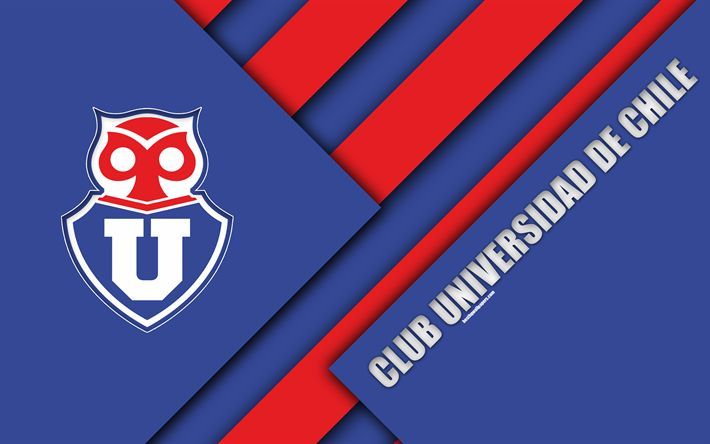The Universidad de Chile FC is more than just a football club; it is an institution with deep roots in the rich tapestry of Chilean culture and history. Established in 1927, the club has become a pillar of pride for its supporters and a symbol of resilience and spirit in the face of adversity. Over the decades, Universidad de Chile FC has paved its path through triumphs, challenges, and milestones that have shaped not only the lives of its players but also the very fabric of Chilean society.
The Historical Foundation of Universidad de Chile FC
To understand the significance of Universidad de Chile FC, one must delve into its historical roots. The foundation of the club coincided with a period of social and political change in Chile. As a university team, it represented the ideals of education, progress, and community engagement ABC8.
Birth of the Club
Founded by students from the Universidad de Chile, the inception of the club was intertwined with academic pursuits and a quest for identity in a rapidly changing world.
The first matches played by the team were characterized by a blend of enthusiasm and budding talent, as students came together to form a cohesive unit on the pitch. Initially competing in regional tournaments, the team quickly made a name for itself by emphasizing teamwork and skill over individual prowess.
As the years progressed, the club began to garner attention, performing well in local competitions. Desire for respectability led to strategic partnerships which ultimately transformed Universidad de Chile FC into a formidable force in Chilean football.
The Early Years and Establishment of Rivalries
The early years of Universidad de Chile FC were marked by fierce rivalries, particularly with clubs like Colo-Colo and Universidad Catolica. These rivalries would come to define many aspects of the club’s culture and identity.
Matches against these rivals were not just contests for points or trophies; they represented longstanding family traditions, community loyalties, and regional pride. The passion exhibited by fans during these encounters illustrates the emotional investment the supporters have placed in their club throughout history.
The intensity of these rivalries helped to cultivate a passionate base of followers, ensuring that the club’s fortunes were closely interlinked with the pride of the people who supported it. This relationship between the team and its fans became a hallmark of the Universidad de Chile FC experience.
Evolution Through Political Turmoil
As Chile underwent significant political changes in the late 20th century, Universidad de Chile FC found itself affected by broader societal issues. The establishment and subsequent collapse of Salvador Allende’s government cast a shadow over the club and its interactions with both the public and politicians.
During this tumultuous time, the club not only had to navigate the complexities of sport but also the challenges posed by censorship and oppression. Many players and fans of Universidad de Chile FC stood against injustices, solidifying its role as a beacon of hope for those advocating for democracy and human rights.
This connection to social movements enhanced the club’s reputation beyond the field, illustrating how sports can influence wider societal change while fostering a sense of unity amidst adversities.
